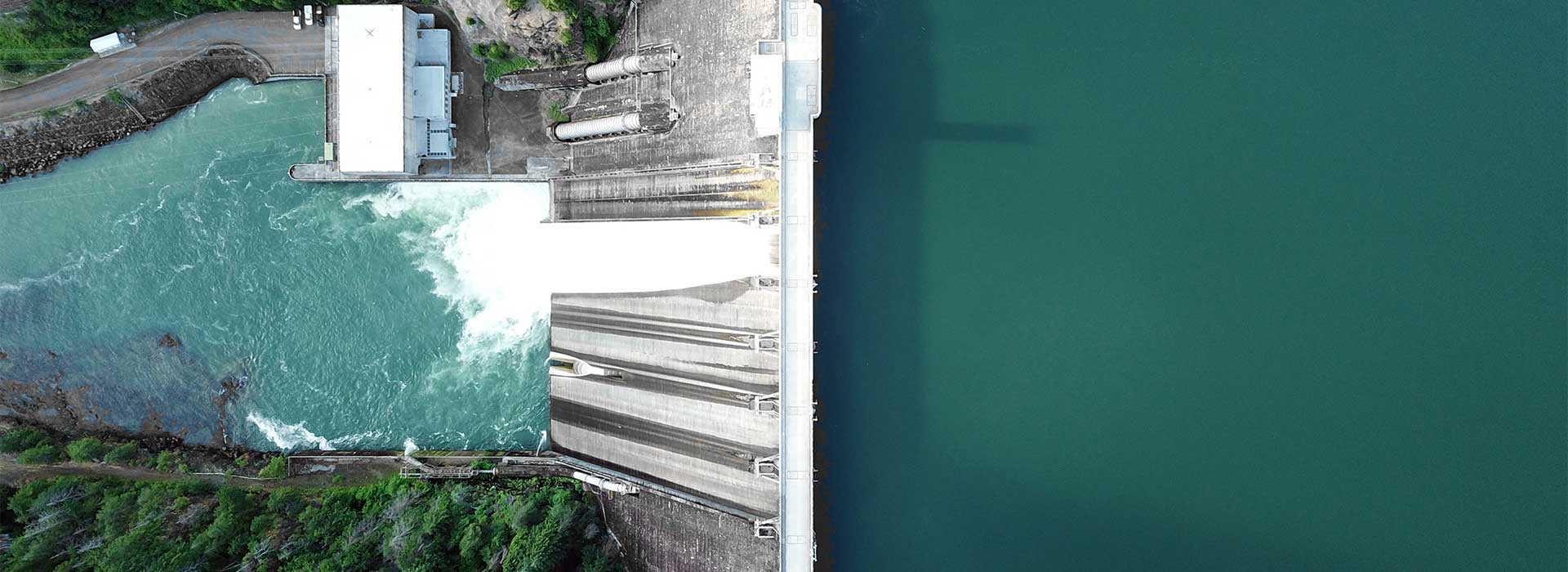I just finished reading the environmental classic *Cadillac Desert,* by Marc Reisner. The book tells the story of water policy in the Western United States from the mid-1800s (the time of John Wesley Powell’s exploration of the region) to the early 1990s.
The strategy of damming and diverting the region’s rivers over the past 150 years to encourage settlement has led to a self-reinforcing cycle: cheap water spurs farming and urban development in areas otherwise classified as semi-deserts, which then require even more cheap water as agriculture and urban growth accelerate in response to the subsidy, requiring more rivers to be dammed and diverted…you get the picture.
For decades, water managers ignored the high cost of these decisions: dangerously polluted rivers and aquifers; drastic loss of species and habitat; erosion and silt-clogged reservoirs; and the development of marginally productive lands. Instead, many residents of the West clung to the belief that water allowed to flow freely to the ocean was “wasted,” that there was always more water to be had, and that in a truly desperate situation, the United States government would bail them out.
Fortunately, as Reisner points out in the afterword to the revised edition, the national appetite for building new dams has sharply decreased. This is due to both the incredible cost of new water projects and to the West’s well-organized environmental conservation movement. Indeed, there is more and more talk of dams coming down and the restoration of river basins to their original free-flowing state.
Still, over a century of frenetic water development has changed the West from a sparsely populated frontier to a heavily populated, extremely productive, and politically powerful region, precariously dependent on an over-extended water resource that is likely to become increasingly unreliable as climate change progresses. After the financial and auto industry bailouts of the past year, I find myself in agreement with some of the locals — Congress couldn’t possibly let the West decline because of a measly little problem like a chronic water shortage. Just a couple of weeks ago, California’s Governor Schwarzenegger appealed to the Obama administration to divert what little water there currently is in the Sacramento River delta to thirsty cities and farmers, instead of leaving it in the river for migrating salmon and fish species as the Endangered Species Act now requires.
In this cultural climate, it’s going to take something pretty drastic for the West’s water use to come into balance with reality. Whatever that event is, I hope it’s more like a proactive compromise among Western water stakeholders than a punishing 30-year drought.
Brought to you by terrapass.com
Featured image








